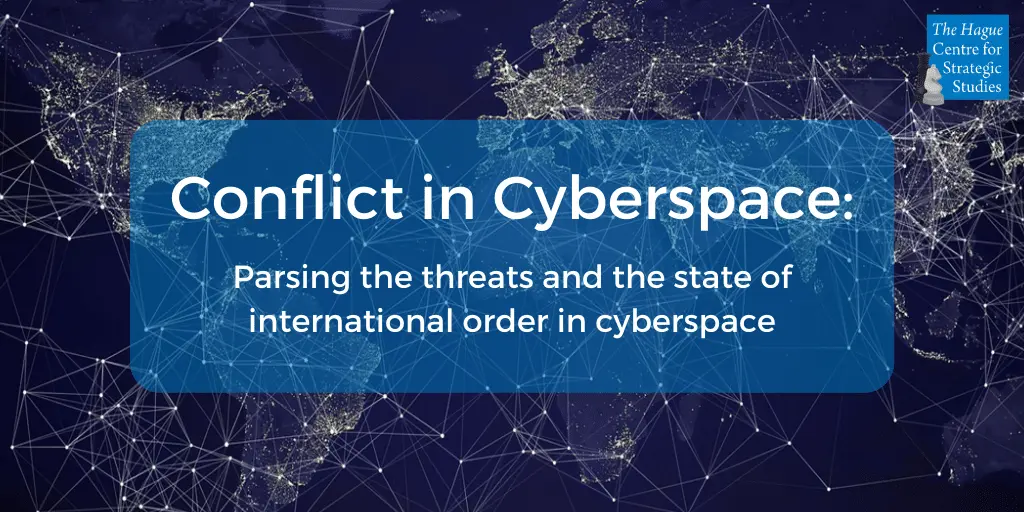Available now, open access: “Governing Cyberspace: Behavior, Power and Diplomacy”, edited by Dennis Broeders & Bibi van den Berg, with an article on “Balance of Power in Cyberspace” by Alexander Klimburg and Louk Faesen. A PDF version under open access can be found on the publisher’s website here.
Cyber norms and other ways to regulate responsible state behavior in cyberspace is a fast-moving political and diplomatic field. The academic study of these processes is varied and interdisciplinary, but much of the literature has been organized according to discipline.
Divided into three parts, Governing Cyberspace first looks at current debates in and about international law and diplomacy in cyberspace. How does international law regulate state behaviour and what are its limits? How do cyber superpowers like China and Russia shape their foreign policy in relation to cyberspace? The second focuses on power and governance. What is the role for international organisations like NATO or for substate actors like intelligence agencies? How do they adapt to the realities of cyberspace and digital conflict? How does the classic balance of power play out in cyberspace and how do different states position themselves? The third part takes a critical look at multistakeholder and corporate diplomacy. How do global tech companies shape their role as norm entrepreneurs in cyberspace, and how do their cyber diplomatic efforts relate to their corporate identity?
Seeking to cross disciplinary boundaries, this timely book brings together researchers in fields ranging from international law, international relations, and political science to business studies and philosophy to explore the theme of responsible state behavior in cyberspace.
Over the last two decades, cyberspace has increasingly become a source of threat and instability. This excellent volume, which includes essays by some of the most important up-and-coming voices in the study of the politics of cyberspace, offers insights into how different actors, from powerful nation states to regional groupings to Big Tech, understand the insecurity and try to impose some sort of order. This book will be a useful addition to courses on international relations and cybersecurity, and of interest to scholars and practitioners. — Adam Segal, Council on Foreign Relations
Creating political security in cyberspace is a wicked problem. The ability to reach agreements on a global scale are crippled by opposing ideological standpoints, mutual distrust, and diverging interests. We need to look at different bureaucratic units and actors beyond the state to understand both the stumbling blocks and the new potentials for breaking this deadlock. This is exactly what this book does. It combines fresh ideas and new voices belonging to the future generation of cybersecurity scholars in a most timely way. Well done! — Myriam Dunn Cavelty, ETH Zürich





